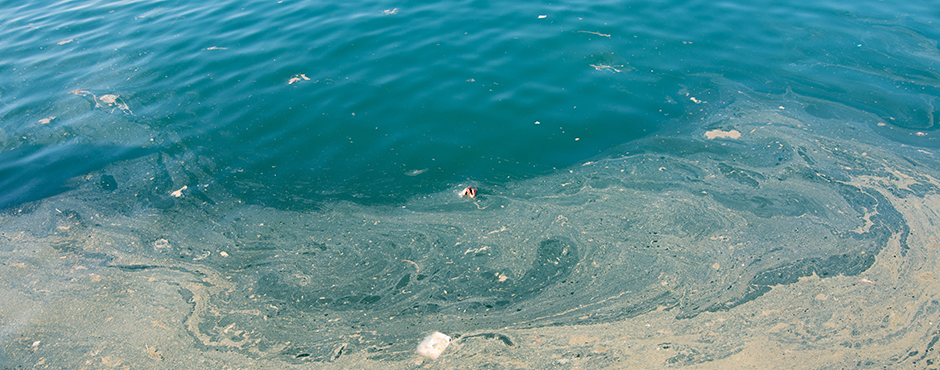
Water pollution is both an environmental and public health issue. Click on the links below to learn more about how water pollution occurs and what you can do to help prevent it.
Little things matter when it comes to preventing water pollution. Here are just a few of them:
- always sweep your driveway to keep it clean, rather than hosing it off;
- use a commercial car wash — cleaning your car at home flushes dangerous chemicals down the storm drain and directly into our lakes and streams;
- pick up after your dog;
- dispose of used motor oil properly - one quart of motor oil can contaminate more than 250,000 gallons of water;
- don’t overuse pesticides or fertilizers as they can travel through runoff and soil and contaminate ground water;
- help pick up litter on the streets that could end up going down the storm drain or seeping into our waterways;
- use detergents that are phosphate-free to save our lakes and streams;
- join in a beach, stream, or wetlands cleanup project; and
- properly dispose of prescription medications and other products that are too often flushed down the toilet, into the wastewater system and out to the environment. Consult with your local health department for information on proper disposal in your community.
It’s important to realize that water entering a storm drain flows into your waterways without passing through a wastewater treatment plant first. And remember, only flush the 3 items toilets are meant to handle: toilet paper, urine and human waste. Anything else should be put in the trash.
Help educate others on the importance of these "little things" and it all adds up to the "big thing" of each of doing our part to prevent water pollution.
After your family uses tap water, it drains into the household’s wastewater pipeline and flows to the utility’s main wastewater pipeline. From there, the water system takes the wastewater flow into the area’s wastewater treatment plant, where it is treated for reuse or to be released back into the environment as part of the water cycle. You can learn more by visiting the
Water Cycle page.
Pollutants must be removed from the wastewater to help protect the environment and public health. When water is used in your community, it becomes contaminated with human waste. Left untreated, these pollutants would harm our waterways and the environment, leading to damage in the water systems, compromised water supplies, and diseases.